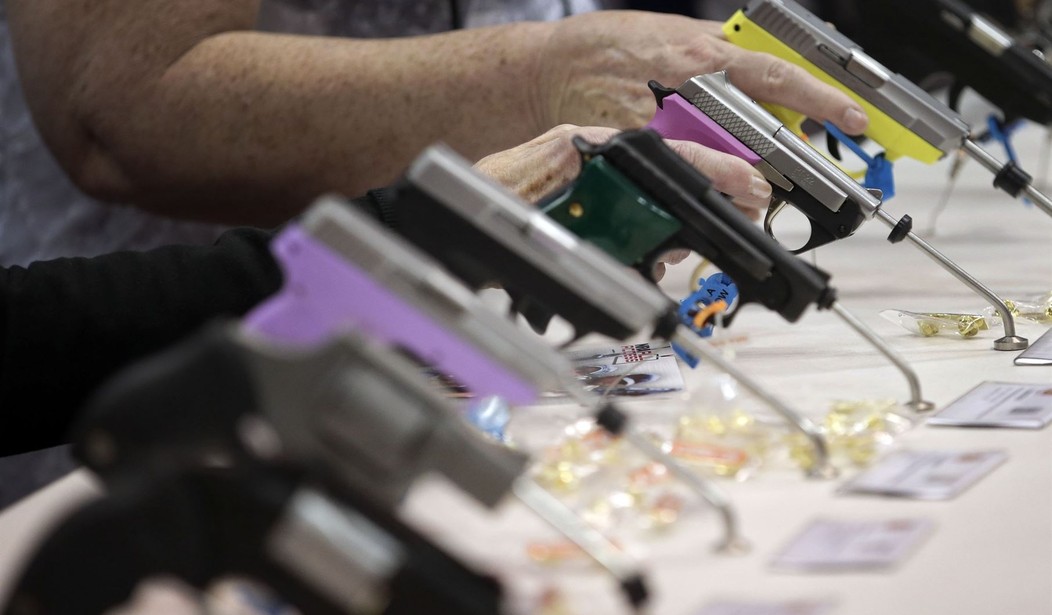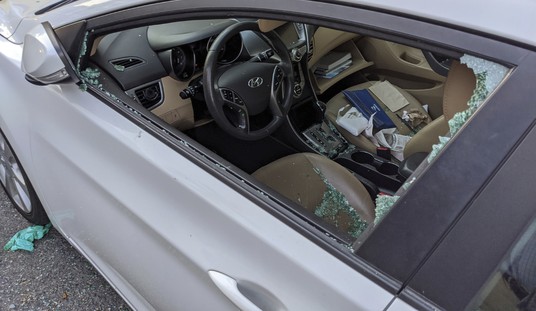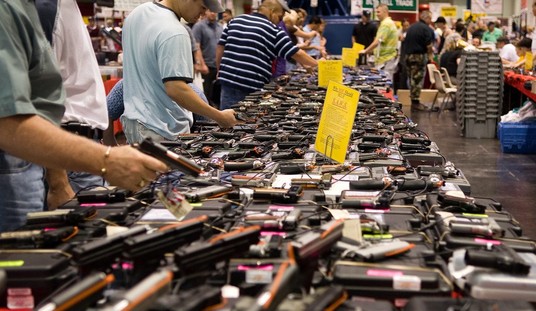It’s been nearly 20 years since the state of New Jersey approved a bill mandating that so-called smart guns could be the only type of firearm sold in the state once a smart gun model was made available to the public. The law also directed hundreds of thousands of dollars in grant money to researchers to develop “smart gun” technology, but despite (or maybe because of) the push, there are still no smart guns available for sale commercially.
The state hasn’t given up, however. Back in 2019, the legislature modified the law, which now requires gun store owners to carry at least one smart gun model once it’s available for sale, though old-fashioned firearms can still be sold without violating the law. To speed up adoption of the technology, the state created a Personalized Handgun Authorization Commission that’s supposed to approve smart guns for sale in New Jersey, and last month Gov. Phil Murphy announced four appointments to the board, including a paid staffer for the gun control group Giffords.
Nicola Bocour currently serves as Government Affairs Director of Giffords, an anti-gun violence organized founded and named for former Arizona Congresswoman Gabrielle Giffords. At Giffords, she previously served as State Legislative Director and State Legislative Manager. Ms. Bocour previously worked in Trenton, where she advocated for legislation to stop gun violence. She holds a bachelor’s degree from Trinity College in Hartford, CT, and received her JD from Seton Hall Law School.
Bocour and several other appointees are featured in a puff piece about the future of smart guns at NJ.com, which paints a glowing picture about the future of the technology while downplaying the concerns of many gun owners.
Yet a true James Bond smart gun may never be viable, said Scott Bach, executive director of the Association of New Jersey Rifle and Pistol Clubs.
“Putting sensitive electronics on a device designed to contain a small explosion is an idea destined to fail,” he said.
Several companies are working to change his mind.
Biofire advertises fingerprint readers. A video from iGun Technology Corp demonstrates a ring that unlocks a shotgun’s trigger.
LodeStar also started with radio signals, but it now plans to include multiple ways users can access guns, which will also sync with phones.
“It’s the future,” CEO Gareth Glaser said in an interview. “Everything else in your life has technology in it — I mean my coffee pot has more technology than my firearm.”
No offense to Glaser, but “everything has technology in it” isn’t the selling point he thinks it is, particularly when we’ve seen that even coffee pots can be hacked with ransomware. The smart gun technology itself isn’t ready for primetime, but the very idea is unappealing to a lot of gun owners, who simply don’t see the need to add another point of failure to a firearm that’s used for self-defense.
Backers of smart guns, on the other hand, are hoping that the rise in new gun owners will lead to some actual demand for a product that doesn’t yet exist.
Potential demand has also risen. A surging number of residents are applying to buy firearms, including some for the first time. “I don’t think we’ve seen numbers this high ever,” state Attorney General Gurbir Grewal said Wednesday during a public hearing.
Within a year, New Jersey’s commission is supposed to define the features locally sold smart guns will need, according to the law. Any model should be “reasonably resistant to being fired by anyone other than the handgun’s authorized user” with technology that can’t be removed.
There’s no timeline on when they must test and approve a gun for sale.
However, giving any firearm the green light starts a 60-day timer for gun stores.
By the end, every seller in the state is required to stock at least one approved smart gun. If they sell out, they’ve got 21 days to order more. Violating the law triggers fines.
So, the state is still trying to create artificial demand by requiring gun stores to stock smart guns once they come to market. Meanwhile, a group of mayors and their politically-appointed chiefs have launched the Gun Safety Consortium, which hopes to harness the buying power of governments to purchase smart guns for their police departments, even though the technology is unproven and comes with some inherent issues that could put users at risk.
Developers of so-called smart guns have relied on two basic strategies; wearables that connect to the gun via an RFID chip or biometric fingerprint readers on the grip of the gun. Wearables may not work if the authorized user has to shoot off-hand, while fingerprint readers can fail if the user has sweaty hands (not uncommon in stressful situations) or if the fingerprint reader were to get wet from rain (ever try to unlock your smartphone outside in a drizzle or summer shower?).
Smart gun promoters downplay those problems, but that doesn’t mean they don’t exist. From security concerns to the additional points of failure, smart guns just sound like a dumb idea to a lot of gun owners, and New Jersey’s attempt to artificially create a demand for the product through intervention in the free market is authoritarian and creepy. It sounds like we’re still several months away from the state approving any smart gun for sale, but once that happens, I suspect that the sales won’t be nearly as strong as supporters are hoping for, and it won’t be long before Democrats once again try to mandate that only so-called smart guns can be sold in the state, removing consumer choice entirely.









Join the conversation as a VIP Member